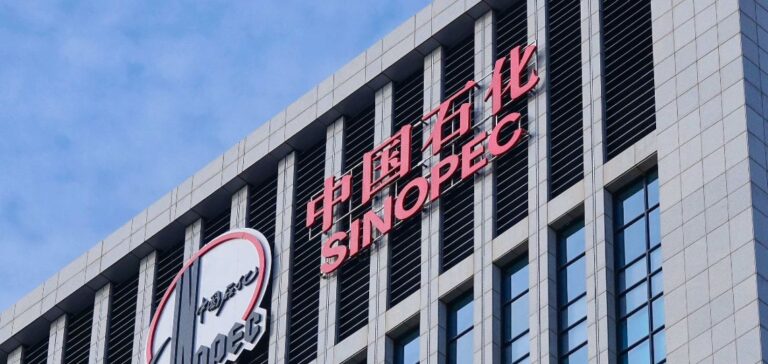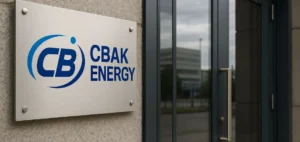China Petroleum & Chemical Corporation (Sinopec) presented its first Global Energy Outlook 2060 on April 21 during an event held in Riyadh, Saudi Arabia. This launch marks the first overseas publication of a global energy forecast report by a Chinese company. The event also saw the release of two other reports: the China Energy Outlook 2060 (2025 Edition) and the 2025 China Energy and Chemical Industry Outlook.
Global energy forecast through 2060
According to the global report, primary energy consumption will peak at 26.71 billion tonnes of standard coal equivalent by 2045 before decreasing to 25.25 billion tonnes by 2060. By that time, renewables are expected to account for 51.8% of the global energy mix. Oil and natural gas, however, will still represent a significant share, totalling 35.7% by 2060.
The report forecasts that oil consumption will peak at 4.66 billion tonnes in 2030. Oil use will then shift more towards industrial raw materials, although it will still account for 40% of transportation energy demand by 2060.
Hydrogen and carbon capture at the heart of projections
The report states that hydrogen’s share in the global energy mix will increase from 2% in 2023 to nearly 50% by 2060, with annual consumption exceeding 340 million tonnes. Carbon capture, utilization, and storage (CCUS) capacity is also set to grow, increasing from 110 million tonnes in 2030 to 4.7 billion tonnes by 2060.
Focus on China: demand, emissions, and refining
The China Energy Outlook 2060 (2025 Edition) forecasts that China’s primary energy consumption will plateau after 2030, peaking between 6.8 and 7.1 billion tonnes of standard coal equivalent. National oil demand will peak before 2027. Non-fossil energy-based power generation is expected to surpass fossil fuel-based power generation by 2035.
Regarding emissions, projections indicate a peak between 10.8 and 11.2 billion tonnes of CO₂ before 2030, allowing the country to meet its carbon peak target within the timeframe set by authorities.
Chemical sector overcapacity, refining stability
The 2025 China Energy and Chemical Industry Outlook highlights a peak in China’s refining capacity between 960 and 970 million tonnes per year by 2025. In contrast, the chemical sector is facing overcapacity, particularly in olefins and aromatics, with production levels for bulk chemical products remaining high.
“This joint publication strengthens the foundation for international cooperation in the energy and chemical industries,” said Ma Yongsheng, chairman of Sinopec, according to PR Newswire on April 23.





















